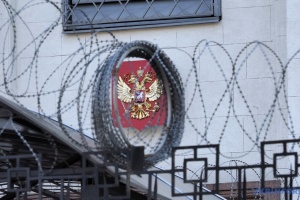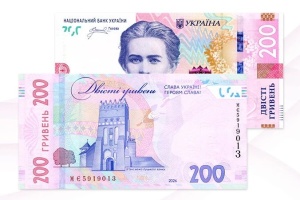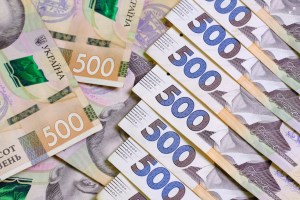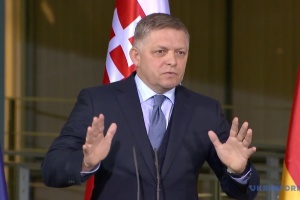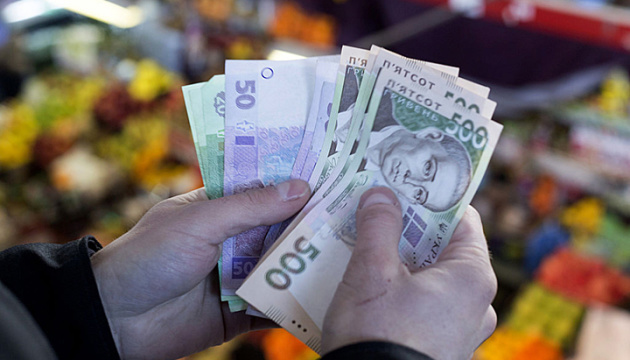
Outflow of money from bank deposits: will trend last?
Along with insignificant amounts of international aid in January and February, another unpleasant news for the financial sector at the beginning of the year was the record outflow of deposits from the banking system during the war. As with any negative news, the media and social media immediately spread the news. However, the National Bank reassures us that there was indeed a slight decrease, but Ukrainians still have much more money on their bank deposits than before the war. But there is no smoke without fire. Let's look at the reasons and factors.
OVER UAH 50 BILLION: FROM BANKS TO MATTRESSES AND INTO FOREIGN CURRENCY
In early February, the National Bank reported a decrease in UAH deposits of households and businesses in banks by more than 2%. Although the percentage is actually modest, the amount in question is quite significant - minus UAH 50 billion. The volume of household deposits in foreign currency also declined slightly. The rate of decline was roughly the same in the first decade of February. However, the situation has since stabilized, according to the NBU.
Among the reasons for the January decline, former NBU Council Chairman Bohdan Danylyshyn cited increased currency risks amid uncertainty over foreign aid, the flexible exchange rate regime introduced by the NBU in October, which heightened negative expectations of bank customers and prompted them to convert UAH funds into foreign currency more quickly, and seasonality.
"The high comparison base of December is usually associated with the fulfillment of budget contracts. In January, on the other hand, customer account receipts are lower amid traditionally high winter import costs. This leads to a decrease in the balances of business and household accounts," explained Danylyshyn.
Although, compared to the first months of previous years, this year's outflow was indeed a record. But this is obviously a coincidence of factors.

Bankers tend to believe that the season for renegotiating contracts has begun. They say it is traditional for the end and beginning of the year. "The standard monthly share of expiring deposits is 8-12% of the total portfolio. At the same time, the level of new renewals of such funds is usually 60-70%. In January, against the backdrop of increasing depositors' pessimism and growing uncertainty in the economy, this renewal rate decreased to 40-50%," said Dmytro Zamotaev, Director of Retail Banking at Globus Bank, in a comment to Ukrinform.
Some experts explain this, among other things, by the influence of a number of psychological factors. First of all, it is the disturbing news from the frontline. It is also an attempt to hedge against alleged intentions to block bank accounts in case citizens violate the new mobilization law. Although it seems that the government and MPs have decided to abandon this idea. However, until the law is passed, these fears will encourage Ukrainians to withdraw their bank deposits and keep their money at home "under the mattress" and in foreign currency. "The growing demand for foreign cash is partially satisfied by funds from deposits. No wonder that net purchases of foreign currency by households, according to the NBU, rose to USD 885 million in January, compared to USD 375-380 million in October-November," Zamotaev recalls.
According to the banker, there are no signs of a decrease in the demand for foreign currency from both the population and businesses. This time, the seasonal factor favorable for the Hryvnia, associated with the start of the sowing campaign and massive sales of foreign currency by farmers, is not working this time either.
However, ICU financial analyst Mykhailo Demkiv asks not to sow "betrayal" and not to exaggerate the situation in the banking sector. "They say that everyone is running to cash, fearing financial monitoring, mobilization or something else. Is there enough reason to believe this? In January, the amount of cash Hryvnia decreased, not increased, by 7 billion (approximately -1%). Of course, we can argue that there is a clear seasonality in the cash segment, and in January the volume of paper Hryvnia usually decreases even more noticeably - before the full-scale invasion, the reduction was 4-7%, last year it was 2.4%. This means that the demand for cash is slightly higher than in peacetime. But is this enough to draw categorical conclusions about "all is bad" or "all is well"? I don't think so," Demkiv writes.
At the same time, Dmitry Zamotaev argues that the decline in deposits did not affect all market participants. A number of banks are gradually increasing their deposit volumes by an average of 2.5-3% per month.
This is the expert's conclusion: If these "losses" were distributed evenly among banks, the market would have already reacted to this as a global trend. After all, if demand is declining, there are two options for reaction: either to increase interest rates and "promote" deposit programs, or to stop the development of certain deposit products. However, such facts are not recorded: on the contrary, the market is in a "premonition" of increased competition for depositors. According to the banker's forecasts, new promotional deposit products with improved terms (up to 17% per annum) are expected to be launched in March.
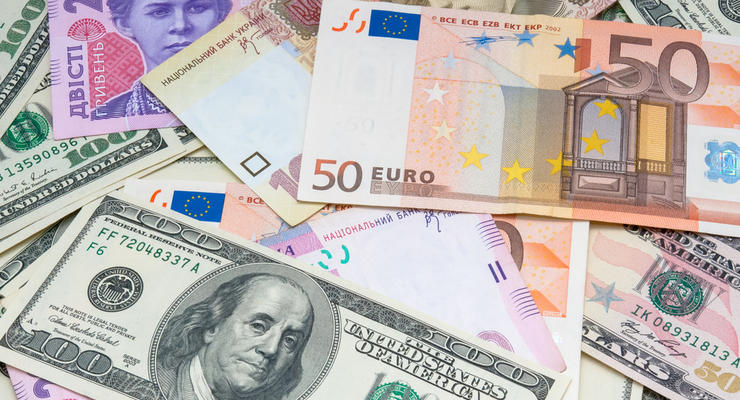
"At the same time, it is unlikely that the increase in deposit yields in March will be systemic or long-term: most likely, these "improved" deposits will be spotty, aimed at increasing the deposit portfolios of banks. And the level of net profit on UAH deposits, which takes into account inflation and the necessary bank fees for processing, will remain in the range of 5-6%, which will encourage citizens to open new deposits," Zamotaev said.
In the future, according to market participants, the yield on UAH deposits will depend primarily on the rate on 3-month NBU certificates of deposit, which the regulator uses to "bind" free UAH and channel its surplus into the economy.
WHETHER THE OUTFLOW OF HOUSEHOLDS' FUNDS FROM BANKS WILL CONTINUE: NBU FORECAST
The National Bank has carefully analyzed the reasons for the unpleasant situation for the financial sector at the beginning of the year and says it sees no risks of a deepening crisis.
"In the statement "Ukrainians are withdrawing funds from banks at a record pace due to the law on mobilization," both the first and second parts are not true. We analyzed in detail the dynamics of funds on accounts in December and February. The record was indeed set: in 2023, the amount of UAH funds on households' bank accounts increased by UAH 121 billion, or 20.5%, and reached a historic high of UAH 711 billion," said NBU Board Governor Andriy Pyshnyi.
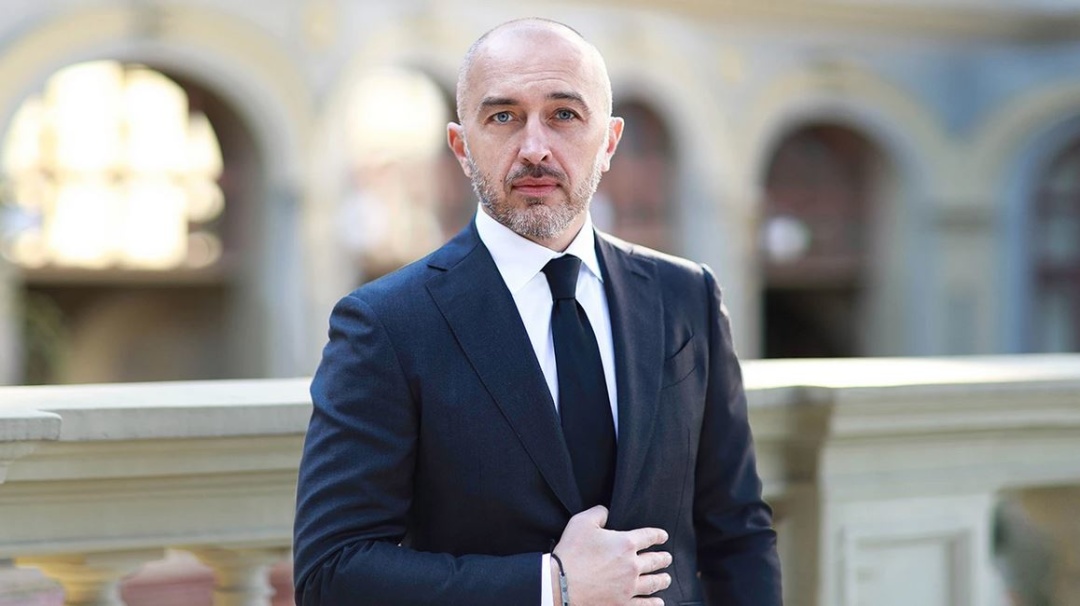
As for the reasons for a certain decrease in deposit volumes at the beginning of this year, he mentioned the aforementioned seasonality as the first reason. After all, from year to year, customer account receipts increase at the end of the year and decrease at the beginning.
"This is a logical trend that existed in peacetime as well. Businesses and the government try to complete all payments, including salaries, by the end of the year, and at the beginning of the next year, people spend or invest these funds," Pyshnyi explained.
According to him, even the artificially circulated "horror stories" about the impact of the draft law on mobilization on the situation did not bring the effect expected by the organizers of the discrediting campaign.
"Moreover, in the first weeks of the discussion (of the previous version of the draft law) in December, the fund balances continued to increase. In addition, the relevant parliamentary committee made it clear that it would not support the provision on blocking accounts. This is possible, as it is now, only in court. Thirdly, we also did not see any connection between the January outflows and the alleged introduction of taxation of all card transactions (which, by the way, has already been denied by the Ministry of Finance). We see a clear seasonal trend that is repeated from year to year," the NBU Governor emphasized.
He also denied rumors about the regulator's alleged intentions to significantly simplify the procedure for disclosing bank secrecy. The National Bank has not approved any decisions in this regard. It is only a matter of clarifying the terminology in accordance with the changes in the legislation on access to information. "The NBU will continue to support initiatives aimed at combating the shadow sector, while strictly defending the protection of confidentiality of banking operations in accordance with international standards," assured Mr. Pyshnyi.
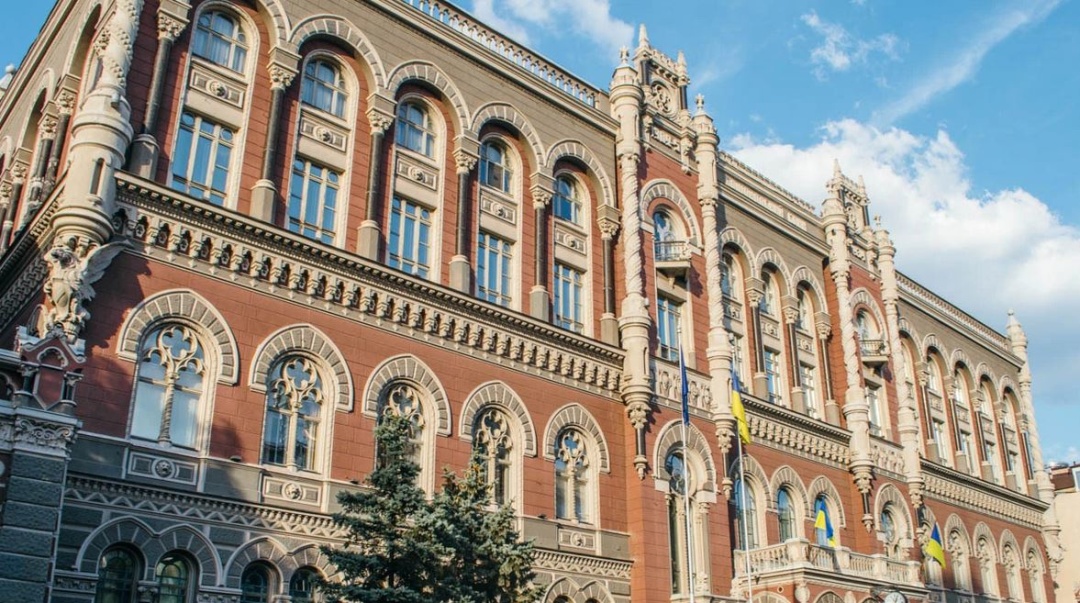
And most importantly, according to the NBU, in February, the amount of Hryvnia funds held by individuals in bank accounts almost recovered from January's fluctuations. As of the beginning of March, households kept approximately UAH 707 billion on their Hryvnia accounts with banks. This is only UAH 4 billion less than in December.
"At the same time, Ukrainians are increasing the share of time deposits, and the level of dollarization of deposits is decreasing. That is, people trust their banking system more than they trust the enemy's information and psychological operations, and our statistics clearly confirm this. Let's stay calm and do our job," summarized the NBU Governor.
At the same time, experts believe that the level of competition between banks for depositors will increase. Therefore, even the widely expected decision to cut the key policy rate again and the associated drop in the yield on NBU certificates of deposit will not lead to a global decline in Hryvnia deposit rates. Thus, despite the significant devaluation and, most importantly, psychological pressure, bank savings in Hryvnia will still remain a very attractive instrument for Ukrainians. At the same time, the NBU has made it clear that it will continue to strongly oppose any attempts to profit from panic and artificially disturbing the currency market. Therefore, an attempt to withdraw your deposit early (usually with a loss of interest) and an attempt to buy foreign currency with this money may not pay off in the future.
Vladyslav Obukh, Kyiv
The first photo: Bloomberg

